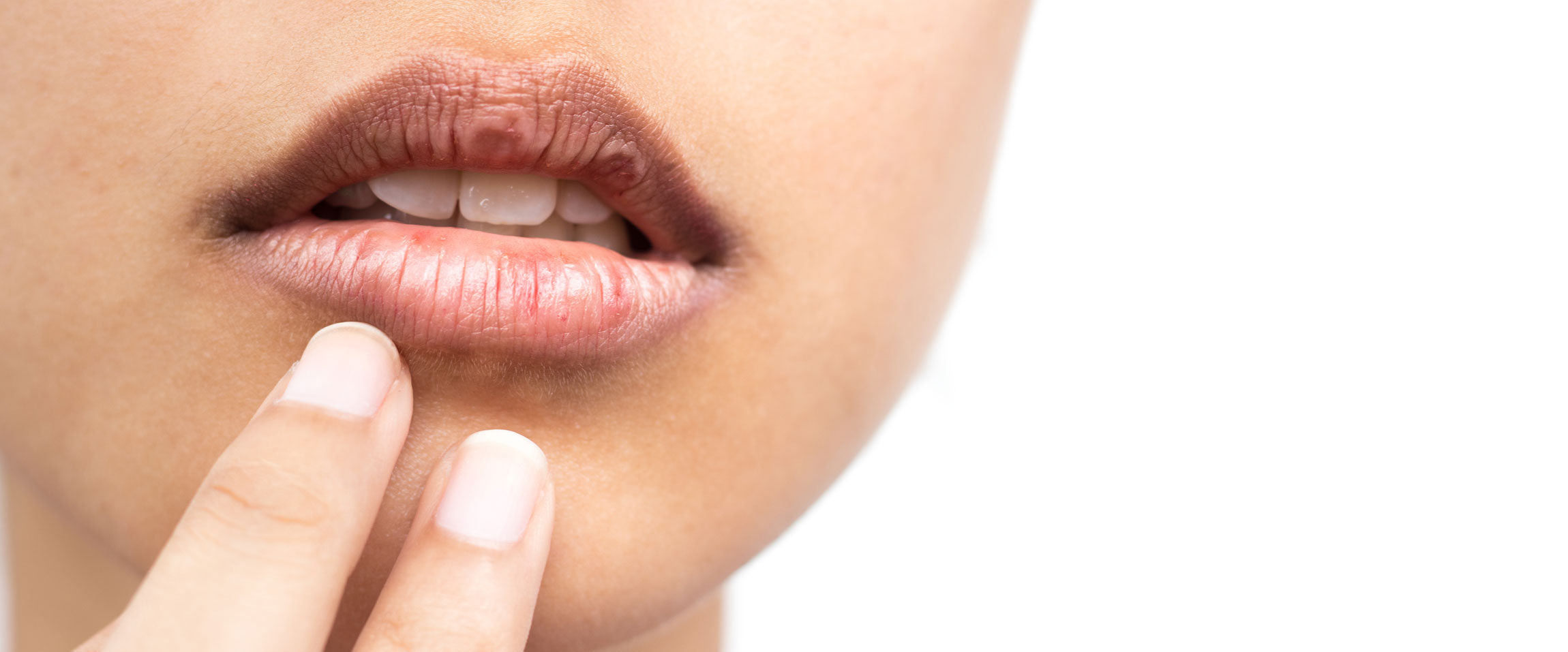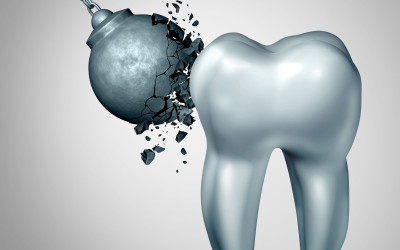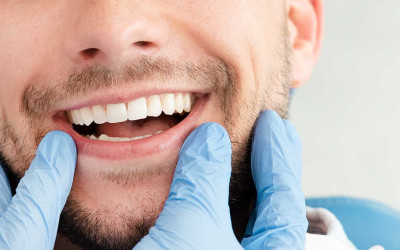What Causes Dry Mouth?

What Causes Dry Mouth?
- 5 January 2023
- 3652 views
Dry mouth occurs as a result of the salivary glands failing to produce enough saliva to keep the mouth moist.
This content is for informational purposes only and does not replace medical advice, diagnosis, or treatment. Please consult a healthcare professional for any health concerns.
Table of Contents
Dry mouth is defined as the lack of moisture in the mouth due to decreased saliva secretion. It is known medically as xerostomia. In addition to keeping the mouth wet, saliva also plays an important role in the digestion of food, preventing dental caries and oral infections. Therefore, it is very important to prevent dry mouth.
What is Dry Mouth?
Dry mouth occurs when the salivary glands do not produce enough saliva to keep the mouth moist. This situation causes various problems. That's because saliva inactivates acids produced by bacteria, limiting bacterial growth. In this way, it helps prevent tooth decay. In addition, saliva improves the ability to taste and facilitates chewing and swallowing.
Dryness often occurs as a side effect of certain medications, aging-related problems, or as a result of cancer treatments.

What are the symptoms?
Manifests itself with different symptoms. Its symptoms are as follows:
- Changed sense of taste
- Difficulty chewing, speaking and swallowing
- Dry or sticky feeling in the mouth
- Frequent thirst
- A tingling sensation in the tongue
- Prosthetic fitting problems
- Enlargement of salivary glands
- Sore throat and hoarseness
- Saliva that looks thick and fibrous
- Bad breath
- Dry or grooved tongue
Why Does It Happen?
Many different conditions can cause dryness to develop. The causes of dry mouth are as follows:
- The drugs used are among the factors that take place in the first place in the development of dryness. Antihistamines, decongestants, hypertension drugs, diarrhea drugs, muscle relaxants, drugs used in Parkinson's disease and many antidepressant derivative drugs can cause dryness.
- •Radiotherapy (radiation therapy) and chemotherapy applications applied within the scope of cancer treatment can also cause dry mouth in patients.
- Chemotherapy applications can cause dryness by affecting the chemical content of saliva or the production level in the body.
Other factors among the causes are as follows:
- Diabetes
- Mouth breathing
- Autoimmune diseases
- Stress
- Anxiety
- Tobacco use
- Snoring
Should Dry Mouth Be Taken Seriously?
Dry mouth is a condition that people try to overcome by drinking plenty of water. In addition, if there are no other symptoms besides dryness, most people do not take this situation seriously. However, dryness in the mouth can be a sign of serious diseases. Therefore, it is a situation that should be taken seriously.
For example, if diseases such as diabetes, blood pressure and anemia are detected and treated immediately, the disease can be prevented from reaching the point where it makes life difficult for the person. It can only be intervened at the point to be treated by intervening with medication. Intraoral infections, which affect people's eating and speaking for weeks, are also manifested by dry mouth. Therefore, dry mouth should be treated as soon as possible.
Dry Mouth Treatment
The most important step in the treatment of dry mouth is examination. Doctors first listen to the story of the patient who comes with the complaint of dryness, from the time he started to suffer from dryness to the present. Performs the necessary blood tests to rule out the possibility of disease. Then, if there is no finding indicating that the patient has a significant problem, he prescribes drugs to reduce the patient's complaint. These drugs are drugs that will increase saliva production and relieve dryness.
In drug treatment, first of all, mouthwashes are applied to relieve the feeling of dryness in the mouth. Then, depending on the situation, he may recommend exercises such as chewing gum and sucking sugar, which will help to activate the salivary glands. If none of these drugs work, then doctors can perform surgical interventions in order to take more serious measures.
If dryness in the mouth occurs due to snoring or deterioration of dental and oral health, necessary treatments are performed by dentists. You can have tools such as snoring apparatus by consulting your dentist.







